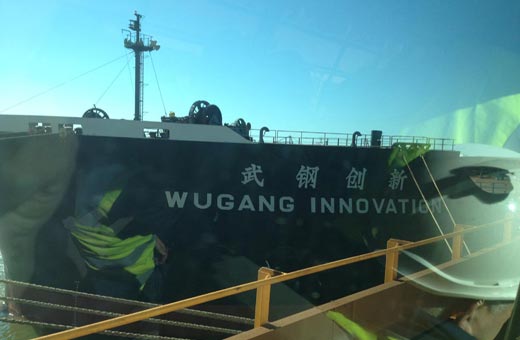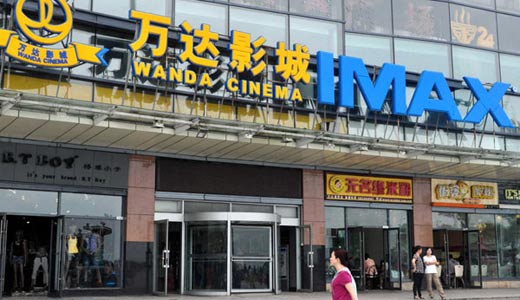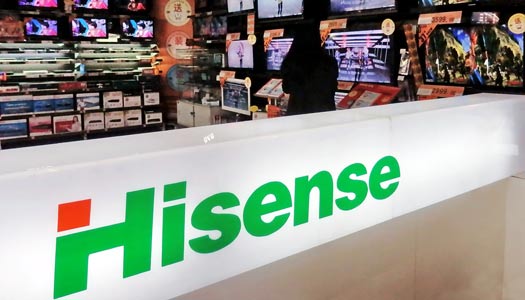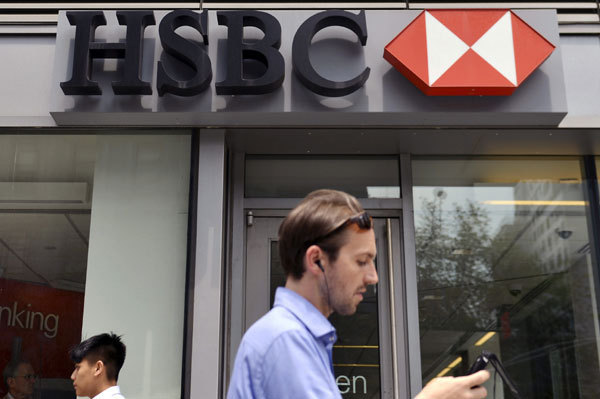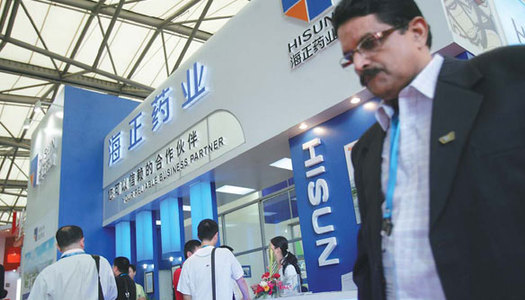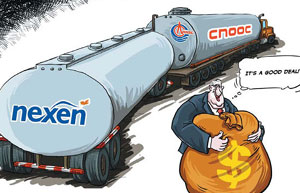Companies try to avoid corporate culture shock
Updated: 2012-09-18 07:56More M&As
Besides M&As driven by big Chinese companies, such as Lenovo Group's acquisition of Medion and Sany Group's takeover of Putzmeister, more acquisitions and investments were initiated by Chinese SMEs in Germany.
Chen Mang, chairman of Caissa Tourist Group, said dozens of M&As have been initiated by Chinese enterprises in Germany, but most of them are really low profile.
Having lived in Germany for 24 years, and also the executive president of the German Chinese Business Association, Chen has witnessed the rapid expansion of Chinese enterprises in the EU over the past few years.
"Recently, a growing number of medium-sized private enterprises have come to Germany seeking M&A opportunities. They mainly eye German companies' business know-how instead of seeking a market share here," Chen told China Daily. "Most of them are in the manufacturing industry."
For Chen, it is critical for Chinese businesses, especially medium-sized ones, to hire a good consulting company before their M&A.
"Meanwhile, they'd better contact the local Chinese embassies, commerce associations and local Chinese businesspeople beforehand," he said.
Cassia aims to expand in the culture sector, and Chen said it is looking for merger and acquisition opportunities in this field.
According to Wang Zhile, a researcher at the Chinese Academy of International Trade and Economic Cooperation, Germany is a good investment destination for Chinese businesses as the country boasts a large amount of small and medium-sized enterprises with cutting-edge technology and a favorable investment environment.
"It is a win-win deal. Chinese enterprises can improve their technological and management capacities by acquiring German companies. Meanwhile, they can also create job opportunities and increase the taxation income for the German government," said Wang.
Stefan Matz, director of international business of HWF Hamburg Business Development Corp, said 15 Chinese companies settled in Hamburg in the first half of 2012.
"All of them are small and medium-sized enterprises, and most of them are doing business in the trade and logistics sector," Matz said.
"The ongoing debt crisis in the EU so far hasn't affected our business."
Last year, around 30 new Chinese enterprises came to Hamburg.
Assmann from the Hamburg Chamber of Commerce said an increasing number of German enterprises are willing to usher in foreign investment, including merger and acquisitions.
"The trend is quite clear, even though Germany is not seriously affected by the EU debt crisis," said Assmann.
On the policy side, there are no barriers to hinder any merger and acquisition initiatives by foreign companies, according to Joern Rohde, head of the East Asia Division of the German Foreign Ministry.
"And we take a welcoming attitude toward Chinese investment in Germany," Rohde told China Daily.
Related Links
- BYD exports three electric cars to Thailand
- Grid gets first jolt of residential solar power
- US now largest buyer of China's exports
- China's outbound M&As on the rise
- Tobacco control may entail price, tax rises
- Quanzhou becomes pilot financial reform zone
- New automobiles shine at Geneva Motor Show
- World's longest high-speed rail 'on track'
- Jiugui Liquor involved in plasticizer scandal again
- Accident reignites school bus safety concerns
- China to revise labor law
- Trademark registration under scrutiny
- Dinner ban takes toll on liquor firms
- CIC tables bid for London's Chiswick Park
- Property buyers eye overseas market
- Call for law to protect personal information
- China to cut train ticket prices
- Christmas business
- Solar industry to get jolt from new policies
- KFC chicken under spotlight




